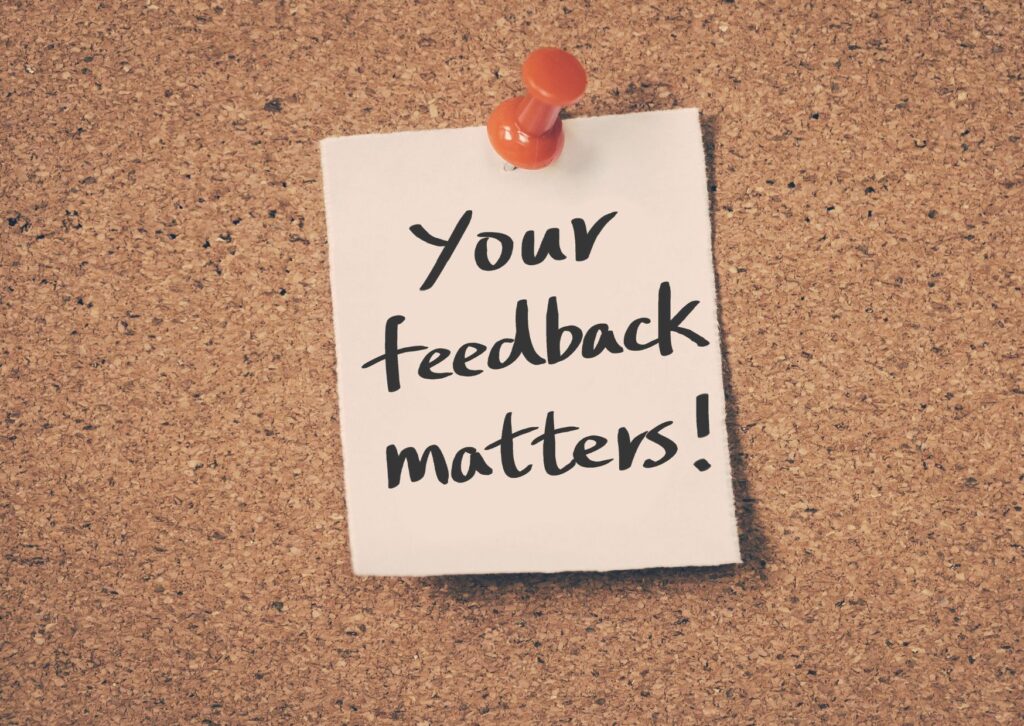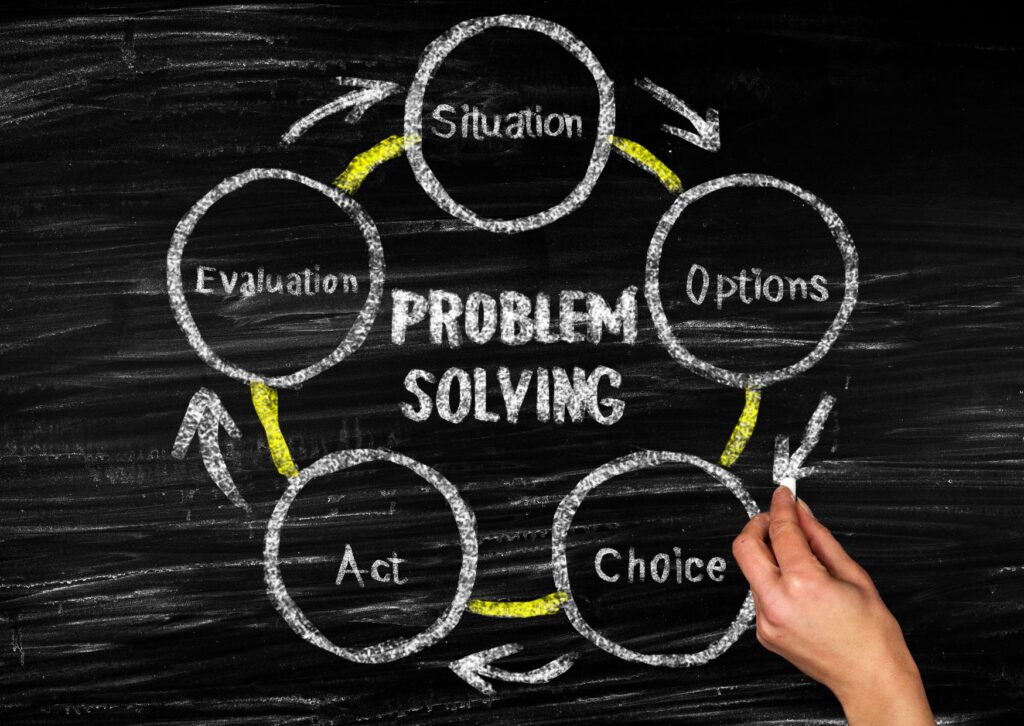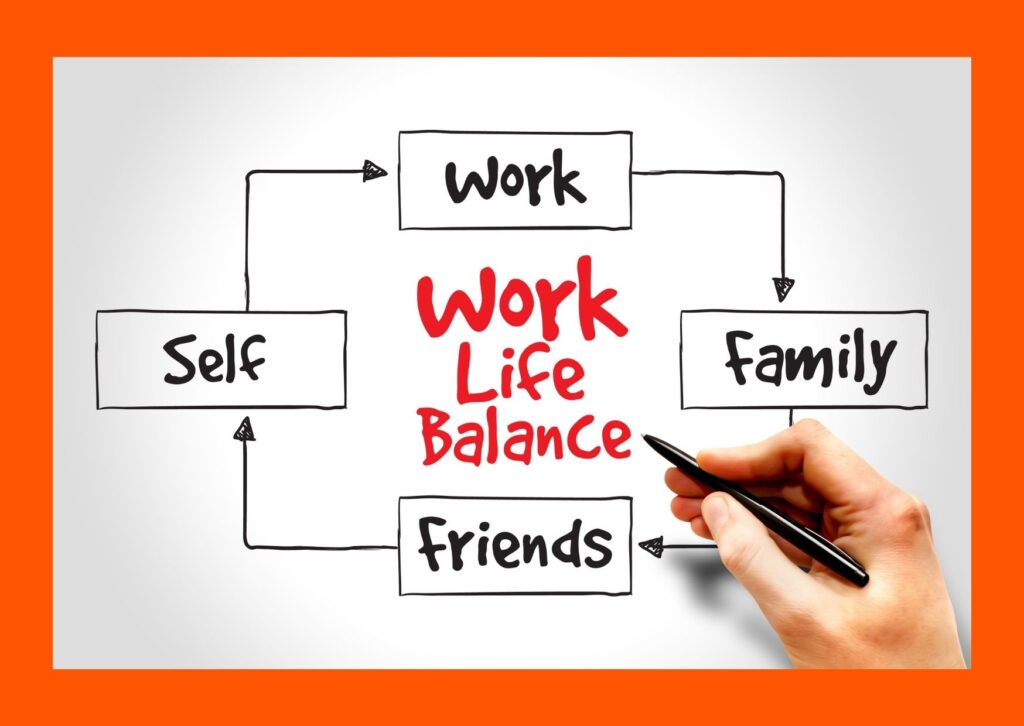The Power of Corporate Development Teams
Corporate development teams stand as the unsung architects in the dynamic world of business.
Behind every strategic move, every merger, and every growth plan, there’s a dedicated team charting the course.
These individuals not only navigate the complexities of business expansion but also lay the groundwork for a company’s future success.
In this exploration, we’ll uncover the essence of these teams, shedding light on their pivotal roles, challenges, and the indelible mark they leave on the corporate landscape.
Contents
What is a Corporate Development Team?
What are the Key Roles within a Corporate Development Team?
How do Corporate Development Teams Shape a Company’s Future?
What are the Skill Sets and Qualities of Effective Corporate Development Teams?
What Challenges do Corporate Development Teams Face?
How to Build a Successful Corporate Development Team

What is a Corporate Development Team?
A corporate development team is a specialised group of employees within an organisation responsible for strategising and executing key business initiatives.
Their primary focus is on long-term growth and value creation for the company.
This involves a myriad of activities, from identifying potential mergers and acquisitions to exploring new market opportunities and forming strategic partnerships.
While their tasks might seem predominantly financial or strategic on the surface, the essence of a corporate development team goes much deeper.
They are the bridge between a company’s present and its envisioned future.
By analysing market trends, assessing internal strengths and weaknesses, and keeping a pulse on global business dynamics, they ensure that the company is always poised for sustainable growth.
In simpler terms, think of them as the navigators of a ship.
While they might not be at the helm, they chart the course, ensuring the ship reaches its destination safely, efficiently, and in the best possible condition.

What are the Key Roles within a Corporate Development Team?
Corporate development teams are a blend of diverse talents, each bringing a unique skill set to the table.
Their combined expertise ensures that the company’s growth strategies are not only ambitious but also well-executed.
Here’s a breakdown of the pivotal roles within these teams:
Strategist
The thinkers of the team. Strategists analyse market trends, competitor movements, and internal capabilities to formulate long-term growth strategies.
Deal Maker
Often involved in mergers and acquisitions, deal makers negotiate terms, evaluate potential partnerships, and ensure that any agreements align with the company’s strategic goals.
Financial Analyst
These experts crunch the numbers.
They assess the financial viability of potential deals, conduct valuation analyses, and ensure that investments yield the desired returns.
Integration Specialist
After a merger or acquisition, integration specialists ensure a smooth transition.
They work on merging systems, processes, and cultures, ensuring that the integration adds value to the company.
Market Researcher
Keeping a pulse on the industry, market researchers gather data on emerging trends, potential growth areas, and shifts in consumer behaviour.
Their insights often inform strategic decisions.
Legal Advisor
Given the complexities of mergers, acquisitions, and partnerships, legal advisors ensure that all activities comply with relevant laws and regulations.
They also help in drafting agreements and contracts.

Project Manager
With multiple initiatives often running simultaneously, project managers ensure that each project stays on track, adhering to timelines and budgets.
Relationship Manager
Building and maintaining relationships is crucial.
Whether it’s with potential partners, stakeholders, or even within the team, relationship managers ensure effective communication and collaboration.
Talent Acquisition Specialist
Especially relevant during mergers and acquisitions, these specialists focus on identifying, evaluating, and integrating key talent from other organisations.
Cultural Ambassador
As companies merge or form partnerships, aligning cultures becomes vital.
Cultural ambassadors work towards creating a cohesive work environment, ensuring that all team members feel valued and integrated.
In essence, a corporate development team is like a well-tuned orchestra, with each member playing a unique instrument.
Together, they create a symphony of strategic growth, ensuring that the company remains agile, innovative, and ahead of the curve.

How do Corporate Development Teams Shape a Company’s Future?
Corporate development teams play a pivotal role in steering the direction of a company.
Their actions and decisions have long-lasting implications, shaping the trajectory of the organisation.
Here’s how these teams influence a company’s future:
Strategic Vision
Corporate development teams lay out the roadmap for a company’s growth.
By analysing market trends, competitor activities, and internal capabilities, they set the strategic direction, ensuring the company is aligned with future opportunities.
Mergers and Acquisitions
One of the most direct ways these teams influence the future is through M&A.
By identifying and integrating companies that align with the organisation’s goals, they can rapidly expand market presence, acquire new technologies, or tap into new customer segments.
Risk Management
These teams are adept at identifying potential risks, be it market volatility, competitor moves, or internal challenges.
By proactively addressing these risks, they ensure the company is resilient and prepared for unforeseen challenges.
Innovation and Diversification
Corporate development teams often spearhead initiatives to venture into new product lines or markets.
They foster a culture of innovation, ensuring the company remains relevant and competitive.
Stakeholder Relations
Building and maintaining relationships with stakeholders, from investors to partners, is crucial.
These teams ensure that all stakeholders are aligned with the company’s vision and goals, fostering trust and collaboration.
Resource Allocation
By evaluating the potential of various initiatives, corporate development teams ensure that resources are allocated effectively, maximising returns and driving growth.
This could involve supporting employee resource groups, raising capital, hiring talent, implementing the use of technology or allocating other resources.

Talent Integration
Especially post-acquisitions, these teams play a crucial role in integrating new talent, ensuring that they align with the company’s culture and values.
This not only boosts morale but also drives productivity.
Continuous Learning
The business landscape is ever-evolving.
Corporate development teams prioritise continuous learning, ensuring they stay updated with the latest trends, technologies, and best practices.
Learning could involve employee development,
Sustainability and Ethical Growth
Modern teams also focus on sustainable and ethical growth.
They ensure that the company’s growth strategies align with environmental, social, and governance (ESG) principles.
Feedback and Adaptation
These teams are also responsible for gathering feedback, be it from internal teams, customers, or partners.
This feedback loop ensures that strategies are continuously refined, keeping the company agile and adaptive.
In essence, corporate development teams act as the guardians of a company’s future.
Through their strategic initiatives, foresight, and adaptability, they ensure that the company is not only poised for growth but also for long-term success.

What are the Skill Sets and Qualities of Effective Corporate Development Teams?
An effective corporate development team is a blend of diverse skills and qualities.
These attributes enable them to navigate the complexities of business strategy, ensuring that the company remains on a path of sustainable growth.
Here’s a breakdown of the essential skill sets and qualities:
Analytical Prowess
The ability to dissect vast amounts of data, discern patterns, and derive meaningful insights is crucial. This analytical mindset helps in making informed decisions.
Strategic Thinking
Beyond analysis, the team needs to envision the bigger picture. They should be able to connect the dots, foresee potential challenges, and identify opportunities.
Negotiation Skills
Especially for those involved in mergers and acquisitions, being adept at negotiation ensures that deals are favourable and align with the company’s objectives.
Adaptability
The business world is dynamic.
An effective corporate development team is agile, ready to pivot strategies based on changing circumstances.
Collaborative Mindset
Corporate development is a collective effort.
The ability to work seamlessly with other departments, stakeholders, and external partners is essential.
Communication Skills
Clearly articulating ideas, strategies, and decisions ensures that all stakeholders are aligned.
Effective communication also aids in managing expectations and mitigating potential resistance.
Ethical Integrity
With the increasing emphasis on ESG principles, having a strong ethical foundation ensures that growth strategies are sustainable and responsible.
Risk Management
The ability to identify, assess, and mitigate potential risks ensures that the company is prepared for unforeseen challenges.

Cultural Sensitivity
Especially for teams working on international mergers or partnerships, understanding and respecting cultural nuances is crucial for successful integrations.
Continuous Learning
The most effective teams prioritise upskilling.
They stay updated with the latest industry trends, technologies, and best practices, ensuring they remain at the forefront of corporate development.
Emotional Intelligence
Understanding and managing emotions, both of oneself and of others, is vital.
This quality ensures effective team dynamics, especially during challenging negotiations or integrations.
Problem-solving Ability
Challenges are inevitable.
The capability to approach problems with a solution-oriented mindset ensures that hurdles are swiftly and effectively addressed.
In essence, the strength of a corporate development team lies in its diverse skill sets and qualities.
These attributes, combined with a shared vision and collaborative spirit, ensure that the team effectively drives the company’s strategic growth initiatives.

What Challenges do Corporate Development Teams Face?
Corporate development teams, while instrumental in driving a company’s growth, often navigate a labyrinth of challenges.
These hurdles test their mettle, adaptability, and strategic acumen.
Here’s a look at some of the most common challenges they face:
Complex Integrations
Post-merger or acquisition, blending two distinct company cultures, systems, and processes can be a monumental task.
Ensuring a seamless integration often requires meticulous planning and adaptability.
Regulatory Compliance
As businesses expand, especially across borders, they’re met with a myriad of regulatory environments.
Navigating these regulations and ensuring compliance can be intricate and resource-intensive.
Stakeholder Management
Balancing the interests and expectations of various stakeholders, from shareholders to employees, can be a delicate act.
Ensuring alignment while driving strategic initiatives is challenging.
Market Volatility
External factors, such as economic downturns, political shifts, or global events, can disrupt well-laid plans.
Adapting to these unforeseen changes requires agility and resilience.
Resource Constraints
Whether it’s budgetary restrictions, time constraints, or talent shortages, managing resources effectively while pursuing ambitious goals can be a tightrope walk.
Cultural Differences
In international ventures, cultural nuances can pose significant challenges.
Misunderstandings or misalignments can jeopardize the success of mergers or partnerships.
Rapid Technological Changes
The pace of technological advancement is relentless.
Keeping up with these changes, adopting new technologies, and ensuring they align with the company’s strategic goals can be daunting.

Talent Retention
After significant corporate moves, such as mergers or acquisitions, retaining key talent can be a challenge.
Ensuring continuity and managing uncertainties become pivotal.
Due Diligence Oversights
In the rush of sealing a deal, certain aspects might be overlooked during due diligence.
These oversights can lead to unforeseen challenges post-deal.
Balancing Short-term and Long-term Goals
While corporate development often focuses on long-term growth, balancing this with short-term objectives and stakeholder expectations can be a juggling act.
In conclusion, while the path of corporate development is laden with challenges, it’s these very challenges that hone the team’s skills, resilience, and strategic capabilities.
By anticipating, understanding, and effectively navigating these hurdles, corporate development teams can truly shape the destiny of their organisations.

How to Build a Successful Corporate Development Team
Building a successful corporate development team is akin to crafting a masterpiece.
It requires a blend of the right talent, a conducive environment, and a shared vision.
Here’s a step-by-step guide to creating a team that not only excels in its tasks but also drives the company towards unparalleled growth:
Identify Clear Objectives
Before assembling the team, have a clear understanding of what you want to achieve.
Whether it’s exploring mergers, penetrating new markets, or fostering innovation, your objectives will guide your hiring decisions.
Hire Diverse Talent
A successful team is a blend of diverse skills.
From strategists and financial analysts to legal advisors and market researchers, ensure you have a mix of expertise to cover all facets of corporate development.
Prioritise Soft Skills
Beyond technical expertise, look for qualities like adaptability, emotional intelligence, and collaborative spirit.
These soft skills often determine how effectively the team navigates challenges.
Foster a Culture of Continuous Learning
The corporate landscape is ever-evolving.
Encourage your team to stay updated with industry trends, emerging technologies, and best practices.
Consider investing in regular training sessions or workshops.
Encourage Open Communication
Create an environment where team members feel comfortable sharing their insights, concerns, and feedback.
Open channels of communication foster trust and collaborative spirit.

Provide the Right Tools
Equip your team with the necessary tools and technologies.
Whether it’s advanced analytics software, project management tools, or communication platforms, the right resources can significantly boost efficiency.
Set Clear KPIs
Define clear key performance indicators (KPIs) to measure the team’s success.
Regularly review these metrics to ensure the team is on track and adjust strategies as needed.
Promote Work-Life Balance
Remember, a burnt-out team can’t drive success.
Ensure that while the team is committed to its goals, there’s a balance between work and personal life.
This not only boosts morale but also enhances productivity.

Celebrate Milestones
Recognise and celebrate the team’s achievements, no matter how big or small.
This not only motivates the team but also reinforces a sense of purpose.
Encourage Feedback
Regularly seek feedback, not just within the team but also from other departments and stakeholders.
This feedback loop ensures continuous improvement and alignment with the company’s broader objectives.
Invest in Team Building
Foster camaraderie through team-building activities.
A team that bonds well outside the boardroom often collaborates more effectively within it.
Team building can involve a range of things.
At Loving Life we deliver engaging wellbeing workshops to help with team building, education, morale and more.
In essence, building a successful corporate development team is a continuous journey.
With the right approach, your corporate development team can become the force behind your company’s success.

In the intricate dance of business growth and strategy, corporate development teams emerge as the choreographers, orchestrating each move with precision and vision.
Their expertise, adaptability, and collaborative spirit are the driving forces behind a company’s continuous growth.
As we’ve journeyed through the nuances of these teams, it’s evident that their role is not just pivotal but transformative.
For businesses aiming for sustainable growth and a bright future, investing in a robust corporate development team is essential.
Author
Tyler Lowe – Health & Wellbeing Speaker
BSc Sport & Exercise Rehabilitation


